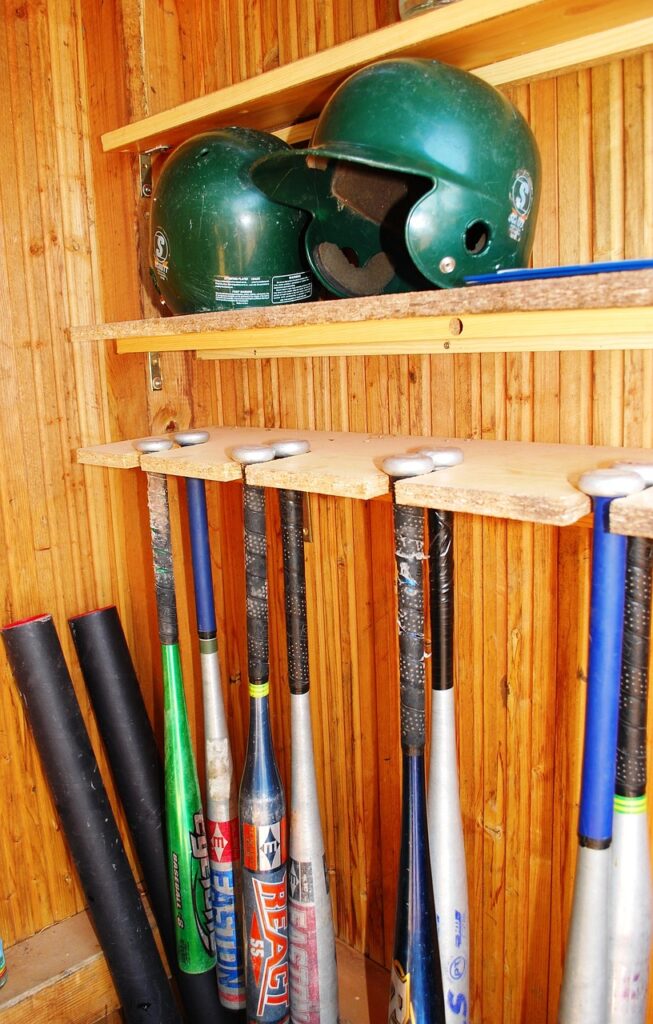Custom wooden bats offer players the ability to tailor their equipment to exact preferences, enhancing comfort and performance at the plate. They are crafted with attention to wood type, weight, length, and grip, providing a personalized experience that mass-produced bats cannot match.
Athletes and enthusiasts choose custom options to match their hitting style and strength, often resulting in better control and confidence during play. This unique customization also includes aesthetic choices, making each bat a reflection of its user’s identity.
Types of Custom Wooden Bats
Custom wooden bats vary by material, shape, and finish. Each aspect influences performance, durability, and comfort. Understanding these factors helps players choose or craft bats tailored to their needs.
Material Selection
Common woods for custom bats include ash, maple, and birch. Ash is lightweight and flexible, favored for its shock absorption. Maple offers dense grain and hardness, improving durability but adding weight. Birch is a hybrid, blending flexibility with toughness.
The choice depends on player preference for weight, feel, and performance. Some manufacturers also use exotic woods or composite blends, but traditional hardwoods remain standard for professional use. Wood density, grain orientation, and moisture content affect the bat’s longevity and response on impact.
Bat Profiles and Shapes
Bat profiles vary by barrel diameter, taper, handle thickness, and length-to-weight ratio. The barrel size influences the sweet spot; larger barrels tend to increase hitting surface but may add weight. Handles can be thin for better grip or thicker for durability.
Players select profiles based on hitting style and league rules. Drop weight (difference between length and weight) plays a crucial role in swing speed. Custom profiles offer options like cupped barrels or balanced vs. end-loaded designs, adjusting power versus control.
Finishes and Customizations
Finishes protect wood from moisture and damage. Common finishes include clear lacquer, oil-based stains, and polyurethane coatings. Clear finishes maintain natural wood look while oil allows wood to breathe. Polyurethane offers stronger surface protection but can affect feel.
Customizations also include personalized graphics, logos, and engravings. Color stains, handle grips, and knob shapes can be tailored to player preferences. These options enhance aesthetics and grip comfort without compromising bat performance.
Choosing the Right Custom Wooden Bat
Selecting a custom wooden bat requires attention to key performance factors and physical fit. These details affect swing speed, control, and durability.
Factors Affecting Bat Performance
The type of wood influences performance significantly. Maple offers hardness and durability, while ash provides a lighter feel and more flex. Birch balances the two with moderate hardness and flexibility.
Barrel diameter and length impact hitting power and control. Larger barrels increase the hitting area but add weight. The bat’s profile and taper also affect the swing balance.
Finish and craftsmanship matter for durability. Smooth finishes reduce splinter risk and maintain performance over time. Precise shaping ensures consistent weight distribution.
Sizing and Weight Considerations
Bat length typically ranges from 30 to 34 inches for adults. Choosing the right length depends on player height and hitting style.
Weight affects swing speed and stamina. Players usually choose bats between 30 to 34 ounces. A heavier bat increases power but may slow the swing.
The drop weight (length in inches minus weight in ounces) helps determine suitability. Common drop weights range from -3 to -5 for advanced players, balancing speed with control.
